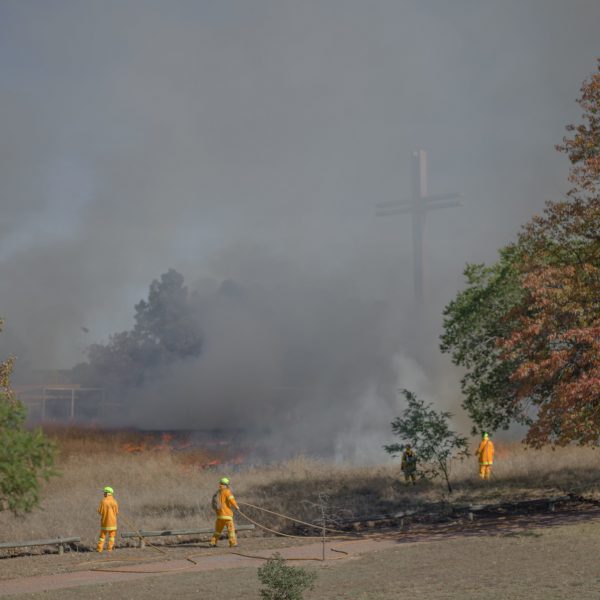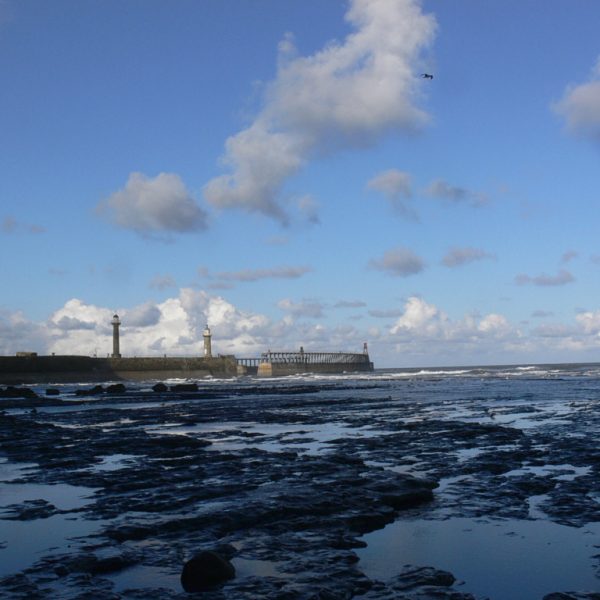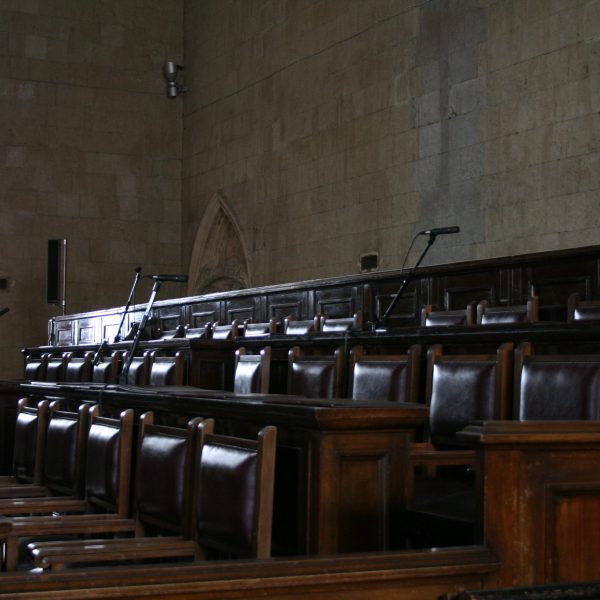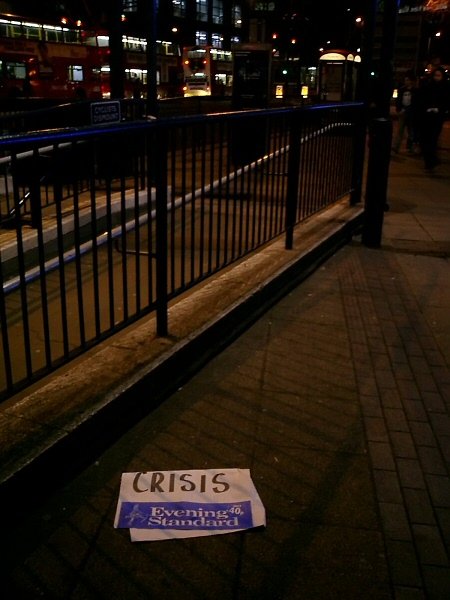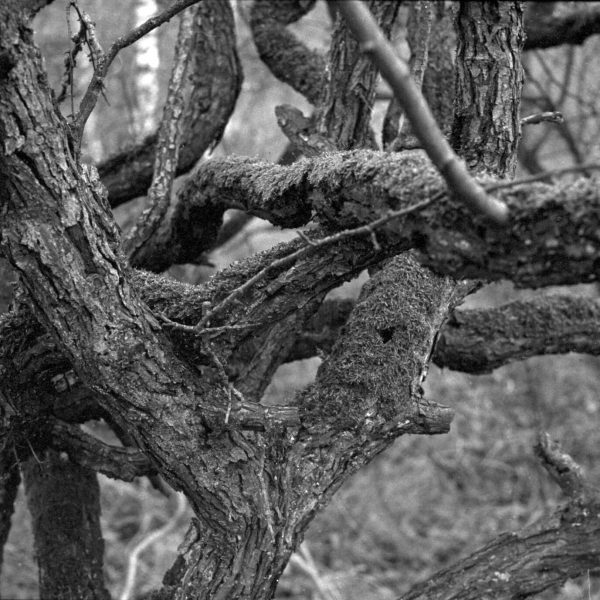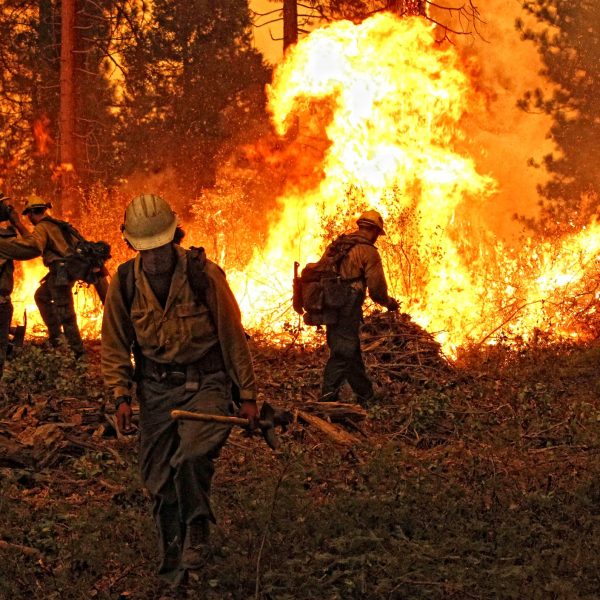
A central feature of political theology is to expose the problematic ways in which modern political thought attempts to suspend or conceal religious and theological frameworks and, conversely, the ways in which religious and theological belief and practice is itself a mode of political and economic governance
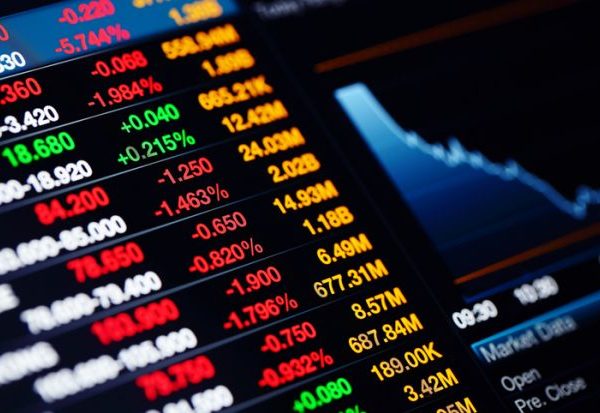
We are currently seeing folks pause to reflect both on what has historically counted as “political theology” and the ways in which those evaluate norms and frameworks need to shift moving forward.
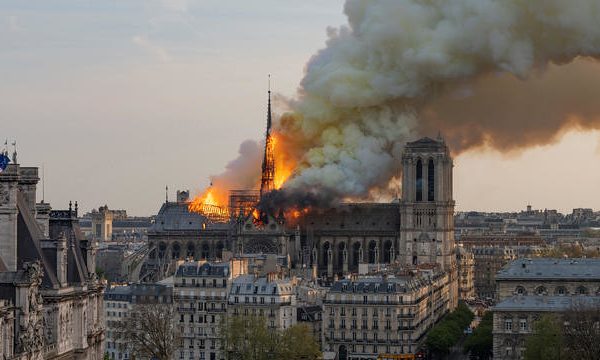
How might we think about political theology in the absence of conventional scriptural, interpretive or institutional authorities together with their conceptual worlds?

Rather than understanding political theology as a single school of thought, I seek to define political theology as a more inclusive category by looking at the rich historical resources within each of the Abrahamic religions that help each tradition unpack the complex relationship between the political and theological spheres
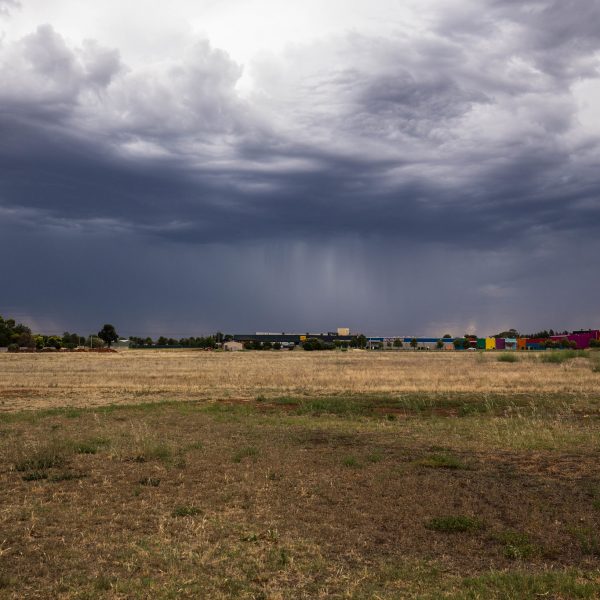
I cannot say that I hope for more discussions of political theology in 20 years. But I do hope for the endurance of conversation, indeed, for the preservation of the art and wisdom of conversation.
